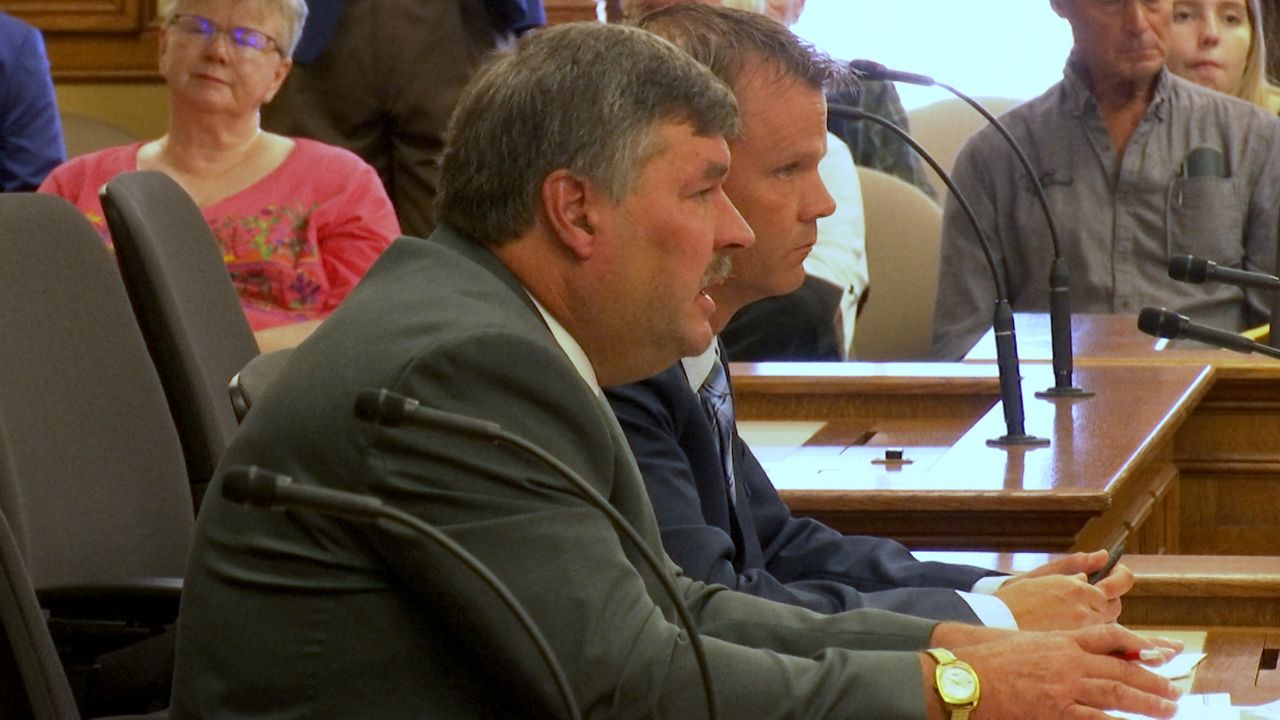MADISON, Wis. — Big changes to how Wisconsin regulates alcohol could be on the way.
Earlier this summer, the state Assembly approved a bill to make sweeping changes to the industry for the first time in almost 90 years. Now, it is up to the state Senate to decide whether to approve the package and send it to the governor for consideration.
The average Wisconsinite likely will not notice many changes in the more than 150-page compromise. Most of the changes focus on those in the industry, which has relied on a three-tier system since the 1930s.
During a public hearing Thursday, the authors of the bill admitted it is not perfect and instead called it a compromise.
“Each tier will tell you it’s not what they wanted for themselves, but there was a lot of compromise here, so a lot of it they like, a lot of it they don’t like, but at the end of the day this the agreement that they came up with,” State Rep. Rob Swearingen, R-Rhinelander, explained.

Still, not everyone is happy about the proposed changes, especially the event barn industry, which would be required to get a permit to host events six times a year or pursue a Class B liquor license.
“When I look at the bill, I would say that a number of these event barns are going to be crushed,” State Sen. Stephen Nass, R-Whitewater, said.
“The issue is they are dispensing alcohol with no supervision, no license,” State Rep. Swearingen replied when asked about the provision during Thursday’s hearing. “No licensed bartenders, no opening hours, no closing hours, something that every other bar and restaurant and licensed venue [must] adhere to.”
Among the biggest changes would be a new division to better enforce Wisconsin’s alcohol laws created within the state’s Department of Revenue.
When the legislation passed the Assembly 90-4 with broad bipartisan support in June, the goal was to set aside money in the state budget for some of the enforcement measures, but that did not happen.
“My concern is that this bill passes the Senate, again, without substantive amendments and does not address this issue, and then we’ve created an impossible situation,” State Sen. Kelda Roys, D-Madison, said. “We’ve got all this new freedom for alcohol manufactures and distributors and no way to enforce it.”
Wisconsin Dept. of Revenue Secretary Peter Barca said his agency would be enthusiastic to see the type of bill pass, however, he is also has administrative concerns.
“So, to create a division that’s underfunded right from the beginning means that you are going to have alcohol interests waiting, and you are going to, in fact, create bottlenecks, and so why we would create a brand-new division and set it up for potential failure right from the start is a big problem,” Barca added.
The bill would also allow bars in 14 southeastern counties to stay open two to four hours later when the Republican National Convention is hosted in Milwaukee next summer. Additionally, wineries would be able to stay open longer, brew pubs could operate stand-alone stores and a statewide bartending license would be created to ease the workload on municipalities.



